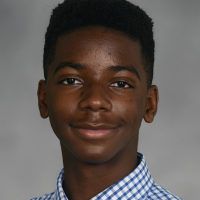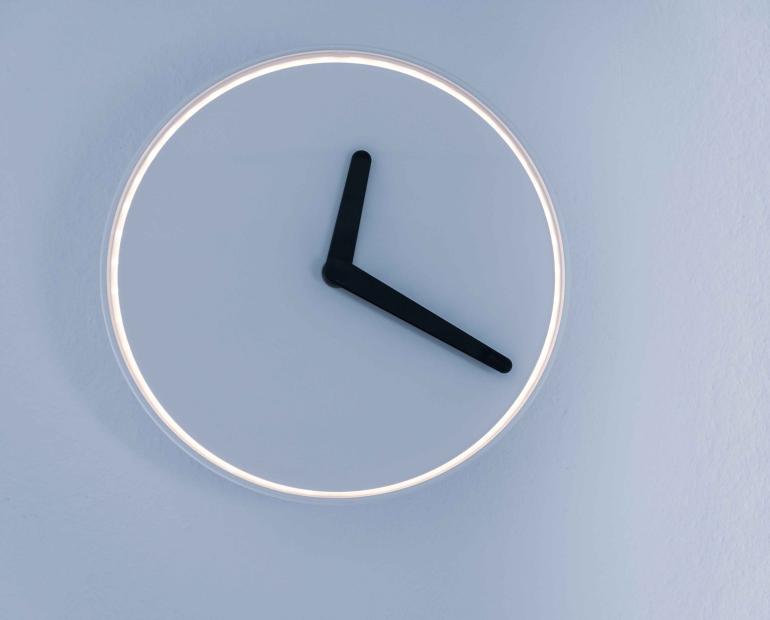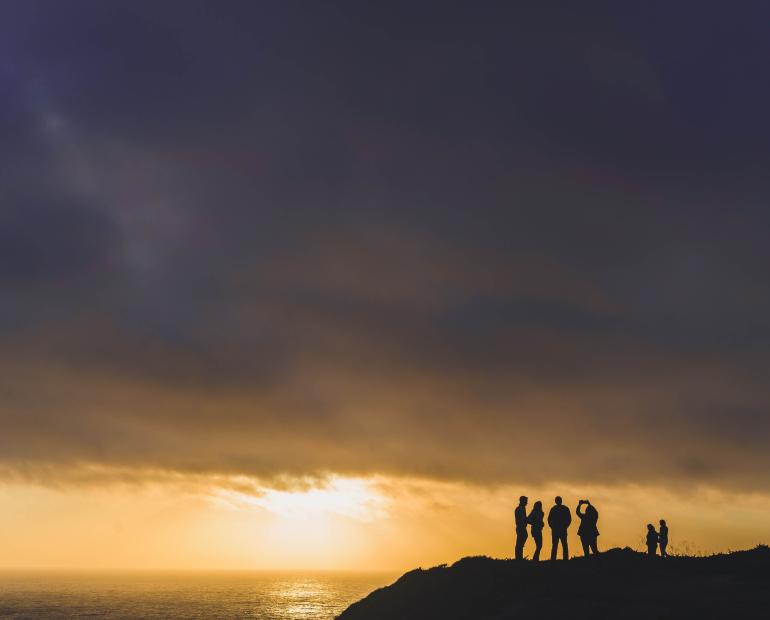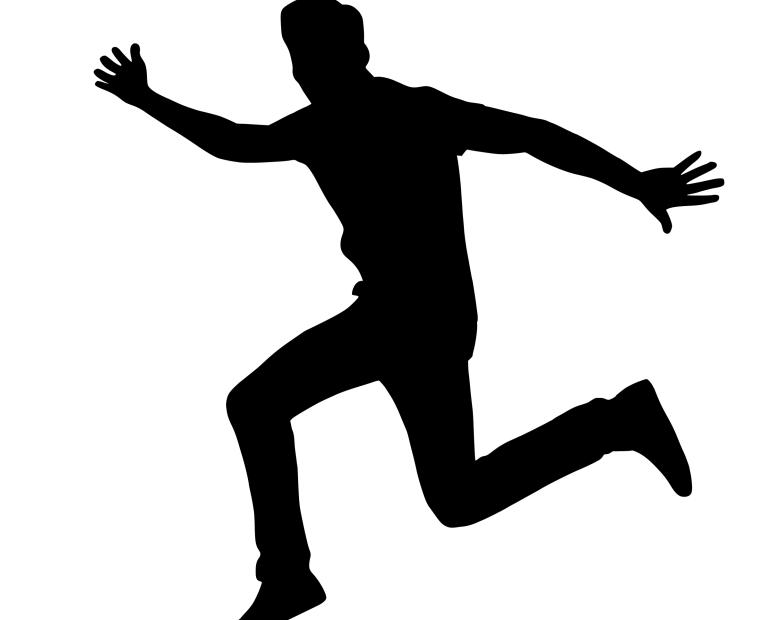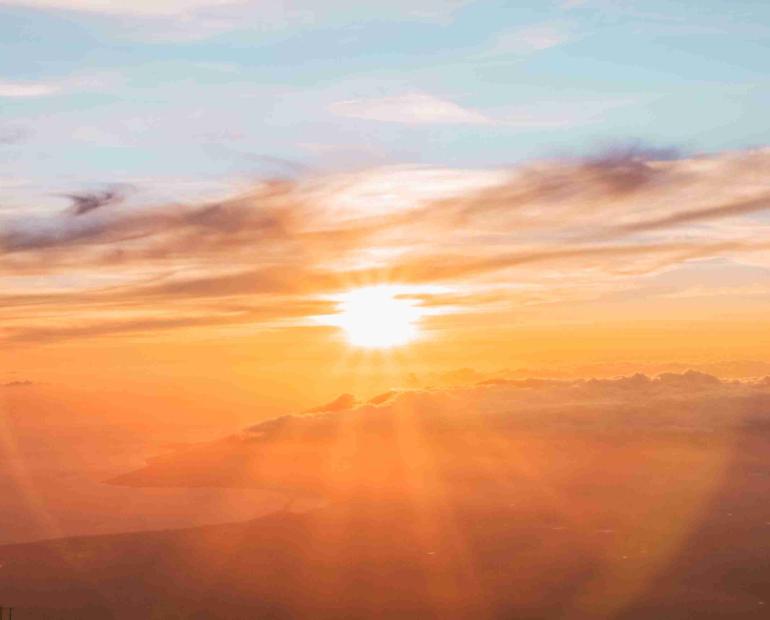
Being apart of Generation Z, I'm living in the most exciting time in history. Our computers are as smart as ever, we understand life like never before, we're developing at an exponential rate, and we've developed new ways of thinking and are capable of doing nearly anything with the wealth of technology that's now available to us. Technology is no longer a novelty, but now a superpower that 5B people and climbing have the opportunity to leverage. I feel privileged to be one of those people, especially as a young person.
I'm Okezue, a technology developer and science researcher looking to improve our lives with the tools of the 21st Century.
At just 15 years of age, I've been lucky enough to be able to work on machine learning at IBM, Hanson Robotics, and UPitt where I'm collaborating and leading projects in AI to improve agricultural systems, or developing brain-controlled prosthetics for ultra-human-like robotics (such as Sophia the Robot!). I've also been able to explore some of the latest developments in gene-editing at SickKids Hospital, and soon a lab in Stanford University Medical School. I've worked on applications of this technology to sustainably produce protein in foods at over six companies! I've also created two of my own cryptocurrencies (OkezCoin and BaugToken), and built multiple brain and muscle controlled devices.
What's the value in knowing all of this about me? Well, it goes to show you that with increased accessibility in our world today, there are almost no limiting factors in the impact that we can have.
However, I didn't always start out working with technology, and being excited about neural network architectures or sgRNA. I started out as one of the few black kids in my predominantly white lower, middle, and upper school. Being the child of two engineers, I had a great understanding of the importance of education and STEM. However, I hadn't gotten over of being one of few POCs in my class, which felt like a gaucherie at the time. Therefore, instead of stretching myself throughout elementary and part of middle school, I instead adopted a facade to fit into what I thought was the mold of popularity at my school. This isn't to say that I didn't keep up my grades or engage in some extracurriculars, but I was definitely more interested in making sure I was posted on the latest games and drama than the newest projects happening at the MIT Media Lab. In fact, my life was a series of binary components: remain "cool" in school, and remain "good" at school.
However, as my peers and I began to mature, and were no longer shielded from the many problems happening in the world, such as police brutality, starvation, water pollution, etc., the plight of others became the impetus for my innovation. The overwhelming amount of death and destruction caused by entirely preventable issues struck such a personal chord for me. Being a 2nd generation Nigerian-American, I've had exposure to the many problems individuals in rural areas of developing countries are facing, and inversely, I've had exposure to the swath of possible solutions that are available to us.
And that really made me think. What does the future I want to live in look like? After that, I discovered a vein of thought that was even more powerful: “The best way to predict the future is to to create it.”
So, that's what I started to do. I've built countless algorithms and devices to solve problems, my most recent being developing a low-cost bionic arm for amputees across the world. I'm cutting down the cost of a $10,000+ myoelectric arm to just $500 to $700 with myoelectric, and potentially neural controls using flexible 3D printing. I've gotten support from a lab at UPitt, a sponsorship from OpenBCI, and I'm developing my skills in the machine reinforcement learning and robotics field as a machine learning developer at Hanson Robotics, where I'll be working on prosthetics for Sophia the Robot, as aforementioned.
Getting these opportunities was not a cakewalk. It was not some sort of genius. It was not luck. Ok, it was a lot of luck, but it was also being stubborn enough to keep going. It was pure hard work, and it was the willingness to put myself and my work out there, not being afraid of what would happen next. If I can do it, so can you!
Ultimately, I think we should take comfort in the amount of information and power we have around us. And for those of us that have the resources and ability to use it, we should in a way that benefits others who aren't in such a providential situation.
We as the next generation have the moral high ground - we didn't create the many roadblocks that we face today, but we'll be facing the worst of their effects if we don't stop them. We face bias, we face climate change, we face all sorts of adversity.
And even as we're kicked down by seemingly insurmountable issues, we'll never succumb to their magnitude, and we'll instead challenge ourselves to climb them. In doing so, we'll create the future for billions.


